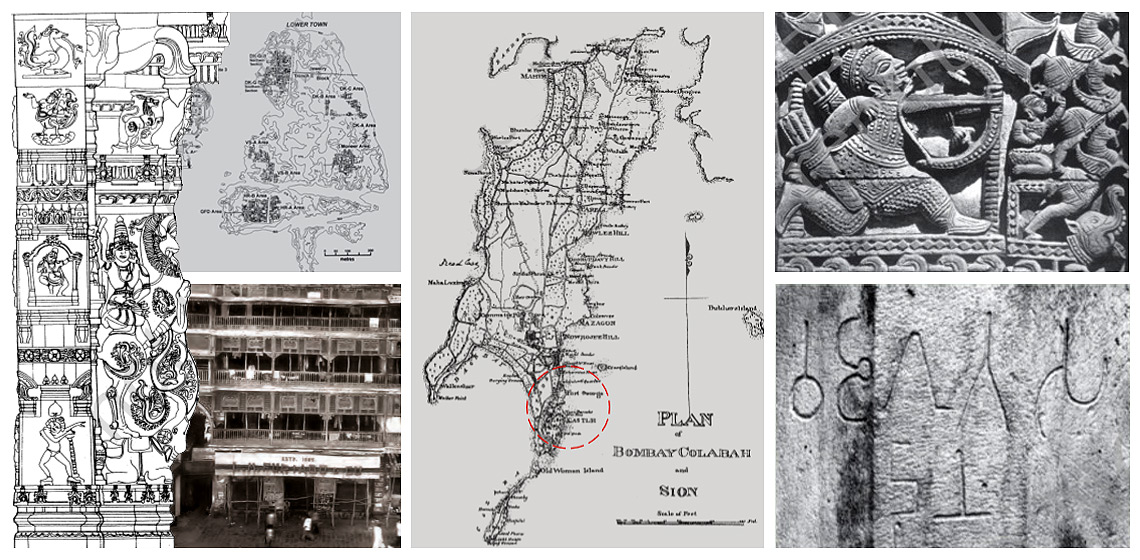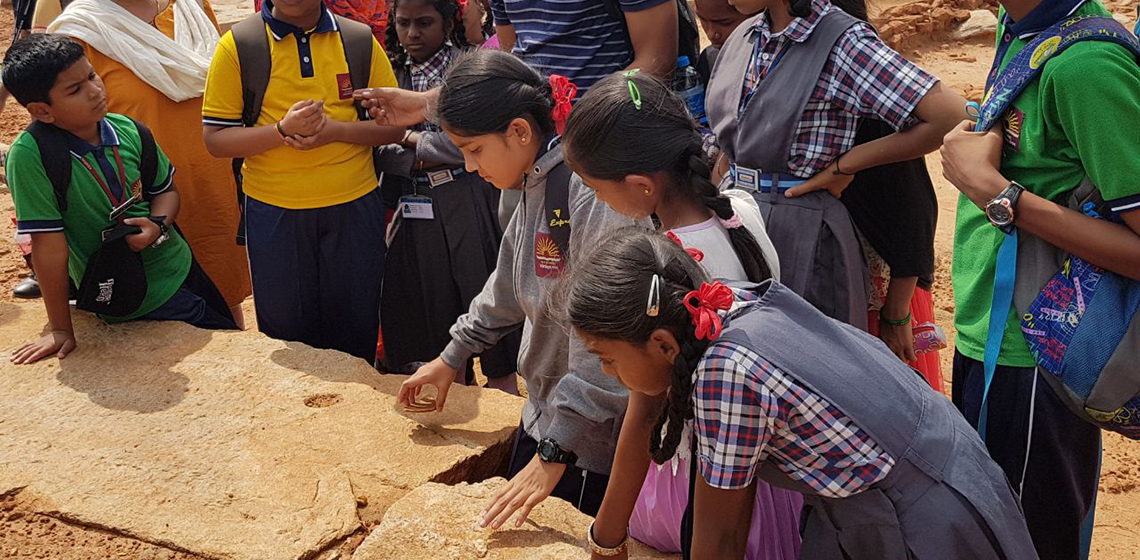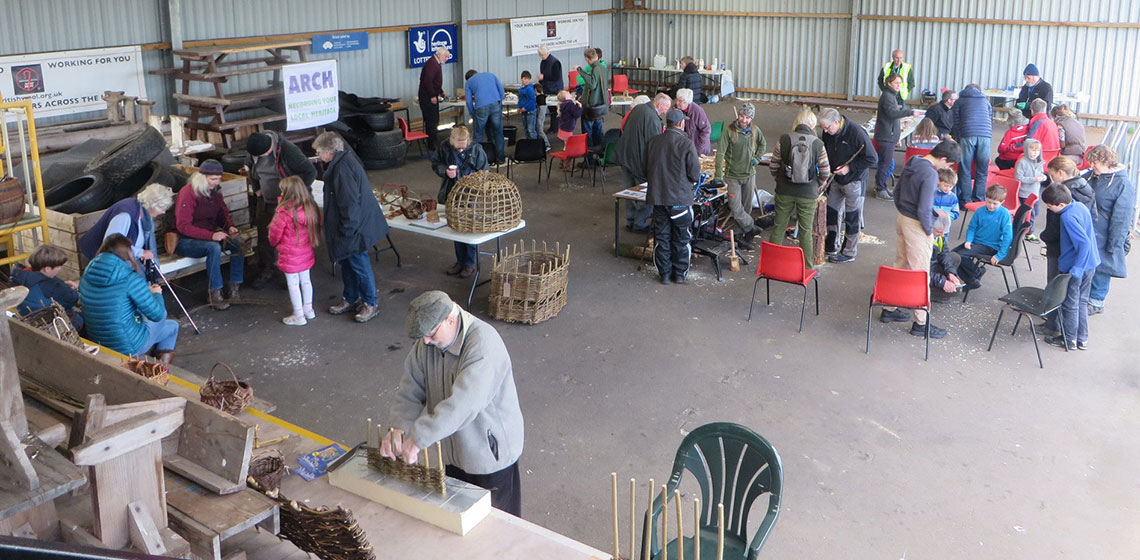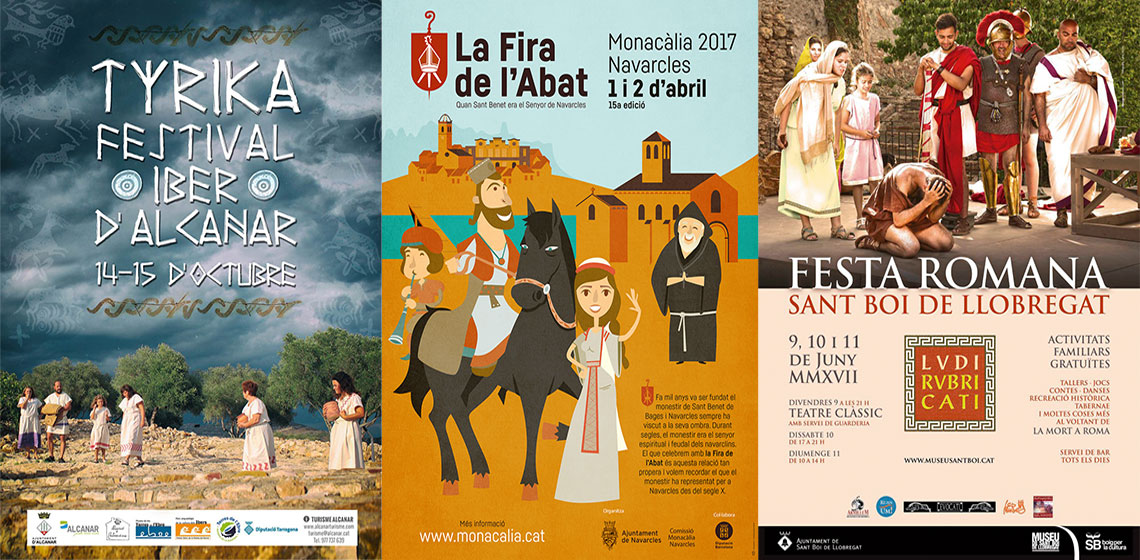Arké Associazione Culturale (IT)
ARKE Experimental Archaeology is a cultural association that operates in Italy in the field of the enhancement, promotion and dissemination of the historical-archaeological heritage. Our primary objective is to facilitate the approach to the cultural heritage through the direct involvement of the users: we propose scale and real reconstructions, living history activities and practical laboratories that simulate craft activities. Each of our operations is preceded by the analysis of available scientific data.
The association was founded in 2004 by members who share an interest in archaeology and practice it at a professional and amateur level. We are technicians, graduates and specialized in archaeology with many years of experience in the field of study, research, promotion and promotion. We have collaborations on a national scale with universities, schools, museums, public and private institutions that have involved us for educational activities, exhibitions, museum displays and reproductions.









